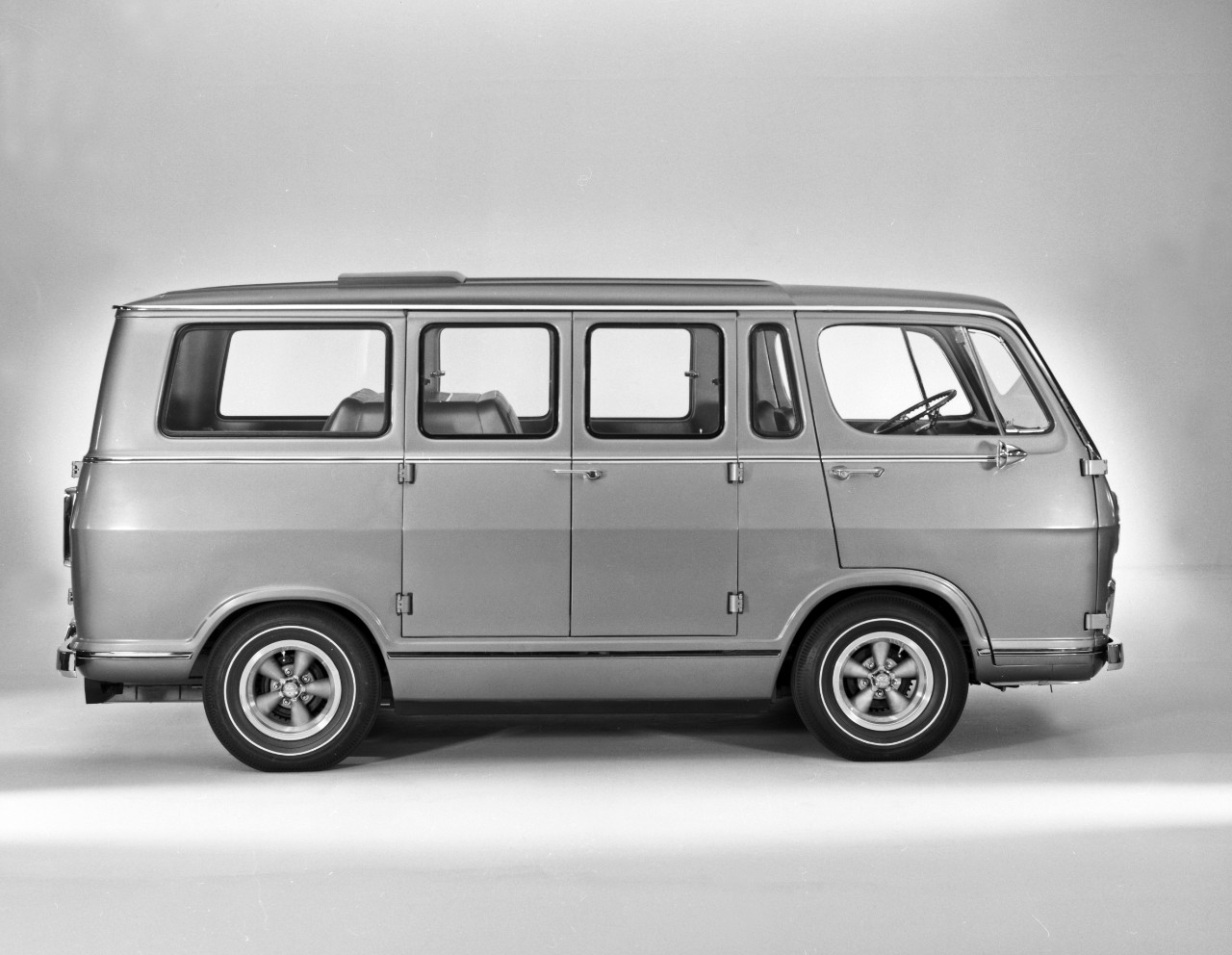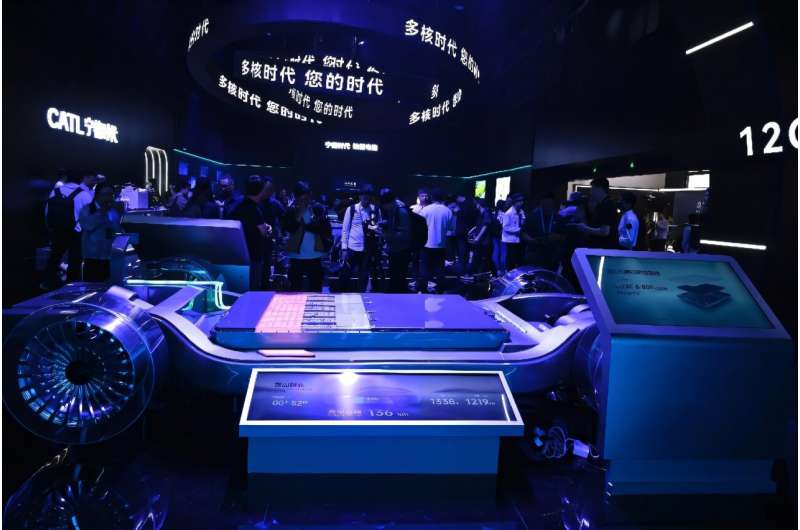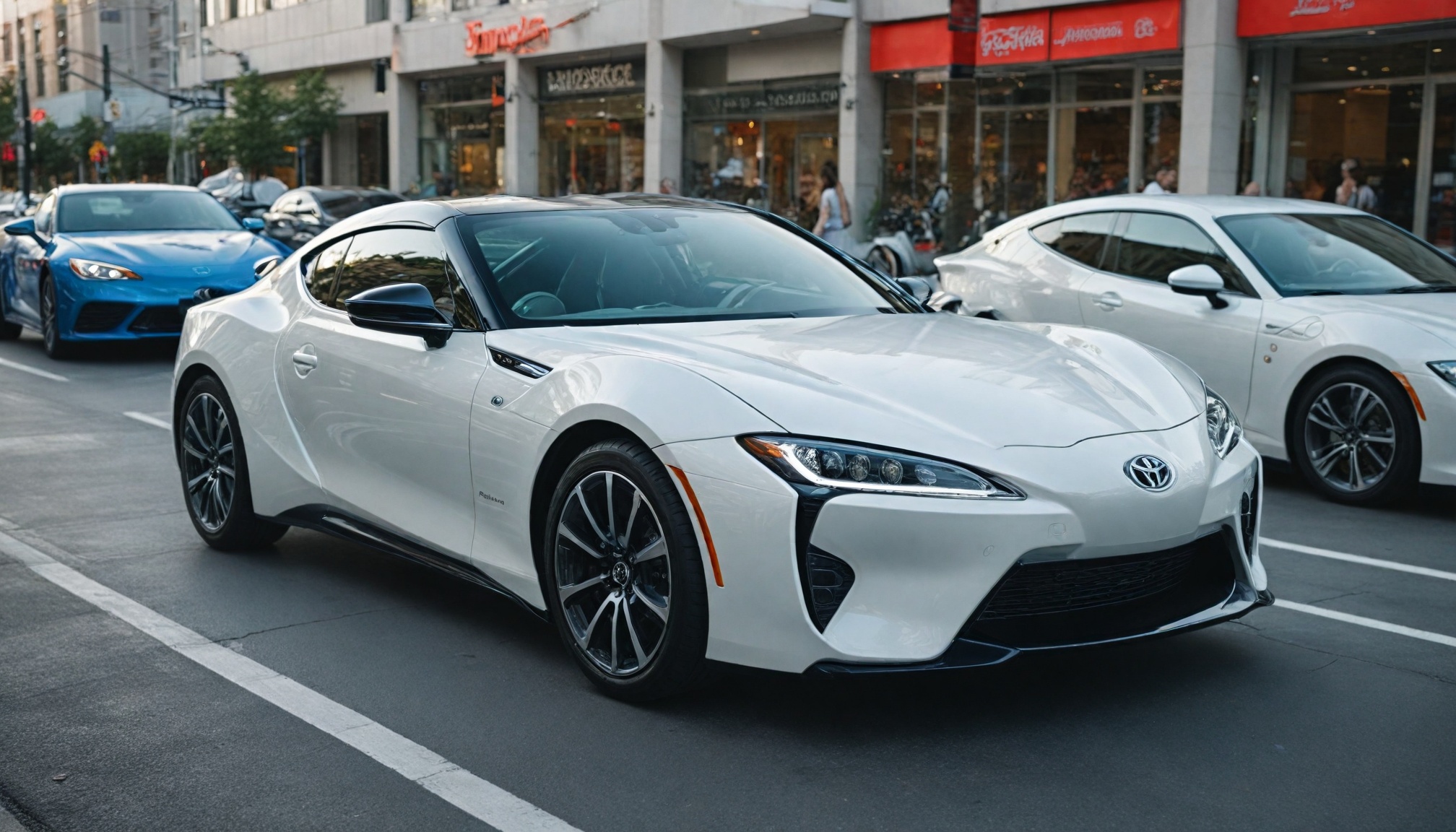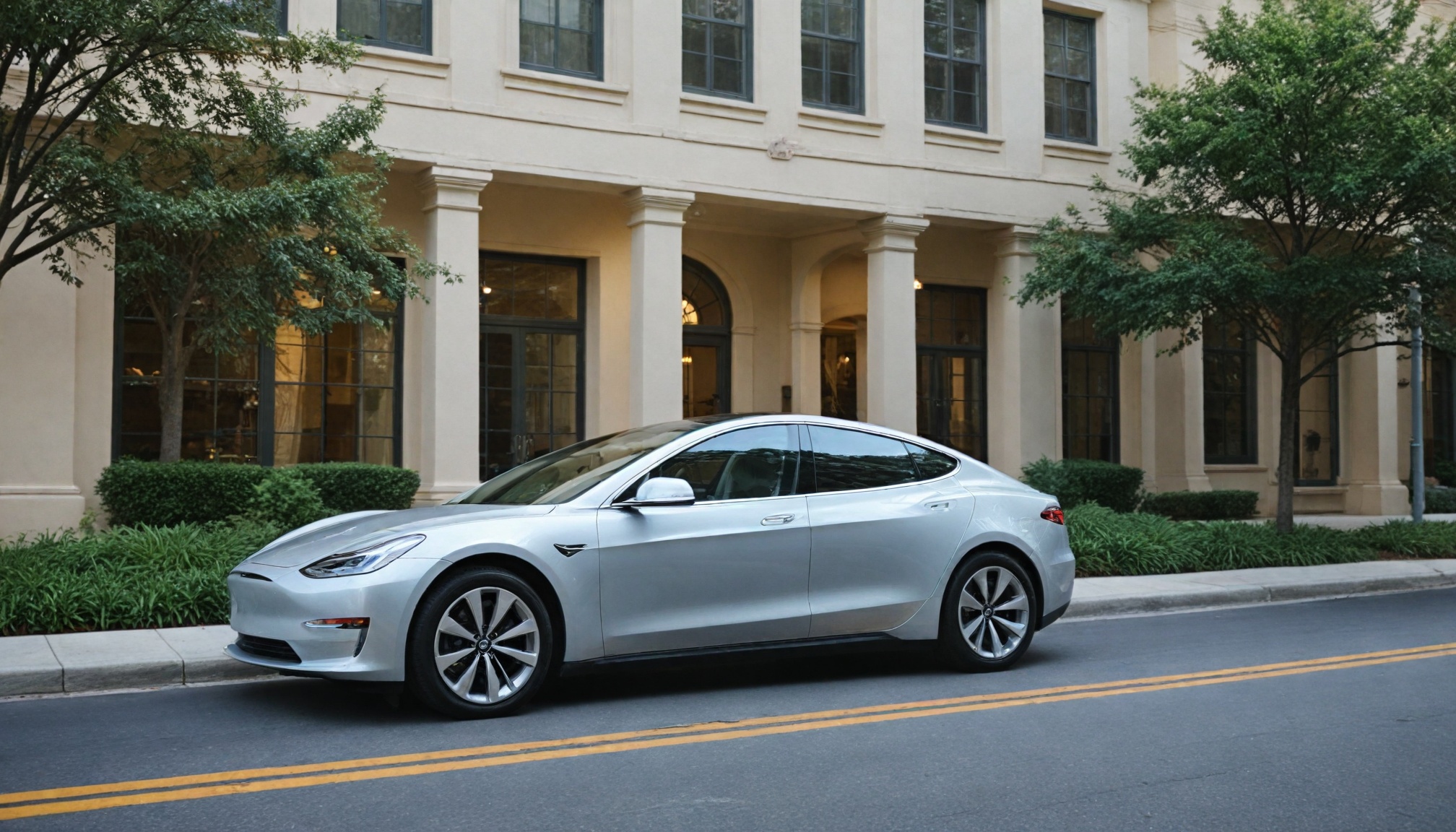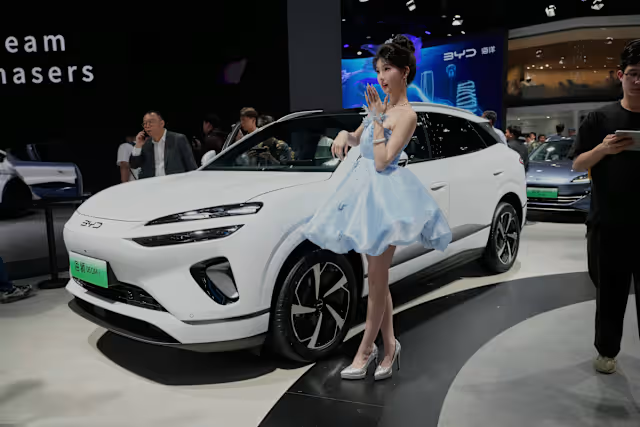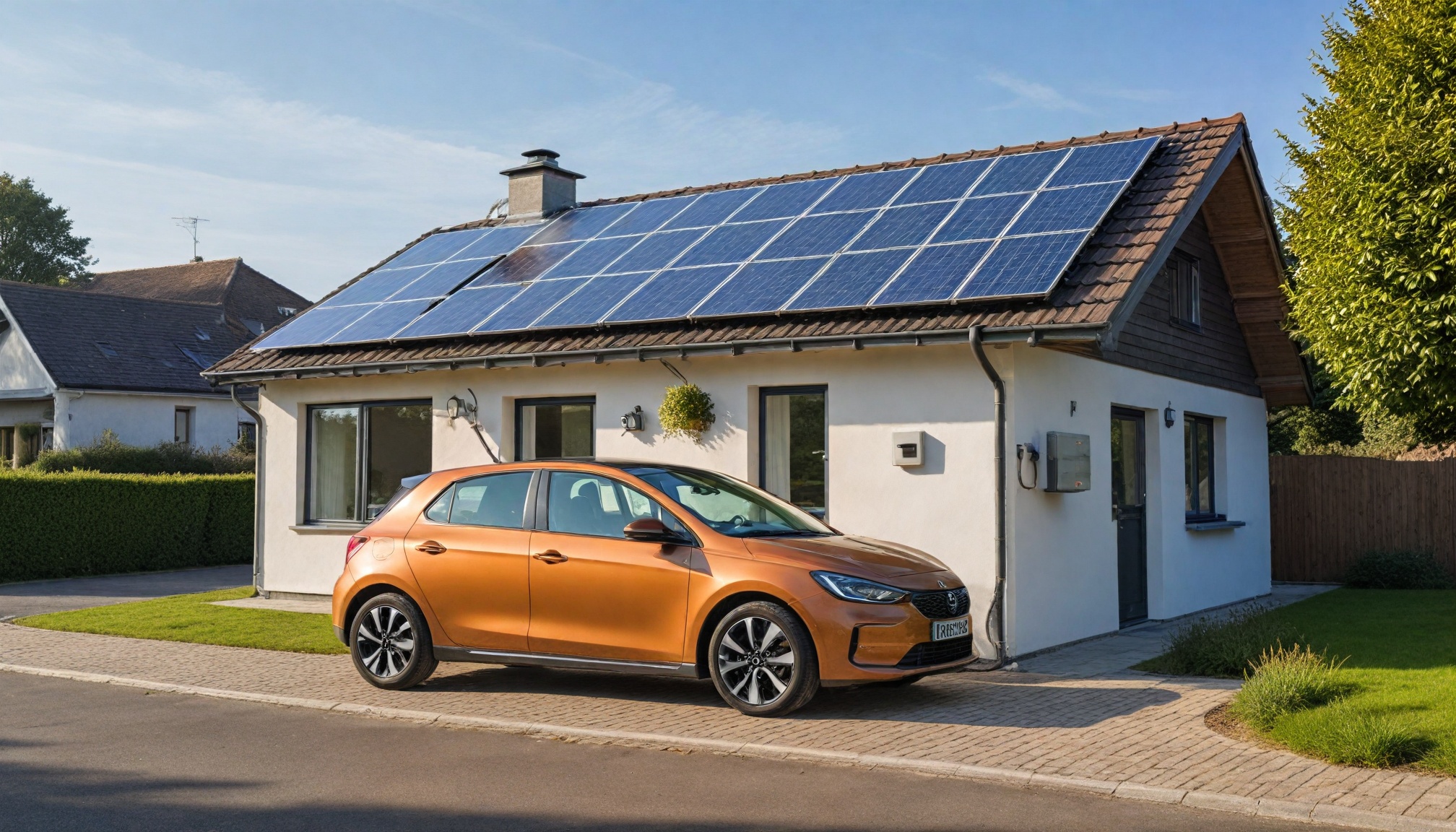
French EV owners can slash charging costs with time-of-use tariffs, saving up to €110 annually by charging off-peak when rates are 10p/kWh lower than standard plans.

Drivetech Partners
French electric vehicle owners can dramatically reduce their charging costs by leveraging time-of-use electricity tariffs and smart charging technology. With specialized EV electricity plans offering rates that can be 10p per kWh lower during off-peak hours, strategic charging has become a crucial factor in maximizing the financial benefits of electric vehicle ownership.
Key Takeaways
French EV owners can save €30-€110 annually by using time-of-use tariffs rather than standard electricity plans
From 2025, off-peak hours will include both overnight and midday periods (13:00-16:00), offering more flexible charging options
EV charging during off-peak hours can reduce cost per mile from 7-8p to just 2-3p compared to standard tariffs
Smart charging technology automatically optimizes charging based on electricity prices and grid demand
Vehicle-to-Grid technology could enable savings up to €1,760 annually for larger vehicles through bidirectional charging
Understanding Time-of-Use Electricity Tariffs for EV Owners
Time-of-use (ToU) electricity tariffs are becoming increasingly popular across Europe, with 139 specialized EV charging tariffs available at the end of 2021. These plans offer significantly lower rates during specific hours when electricity demand is typically lower, creating perfect opportunities for EV charging.
The French consumer association recently highlighted the best electricity contracts specifically designed for electric vehicle users. Providers like EDF have introduced competitive EV-specific tariffs such as EVolve Sep25, which offers five hours of discounted electricity overnight at rates 10p lower than standard variable rates.
A notable shift in the time-of-use landscape will happen in 2025, when French consumers will gain access to off-peak hours during midday (13:00-16:00) in addition to traditional overnight periods. This change creates more flexible options for charging, especially for those who can't easily charge overnight.

Significant Cost Savings Through Strategic Overnight Charging
The financial advantages of charging during off-peak hours are substantial. By using specialized tariffs, French EV owners can reduce their per-mile electricity costs from 7-8p to just 2-3p compared to standard rates. This stands in sharp contrast to petrol vehicles, which cost approximately 14-15p per mile to operate.
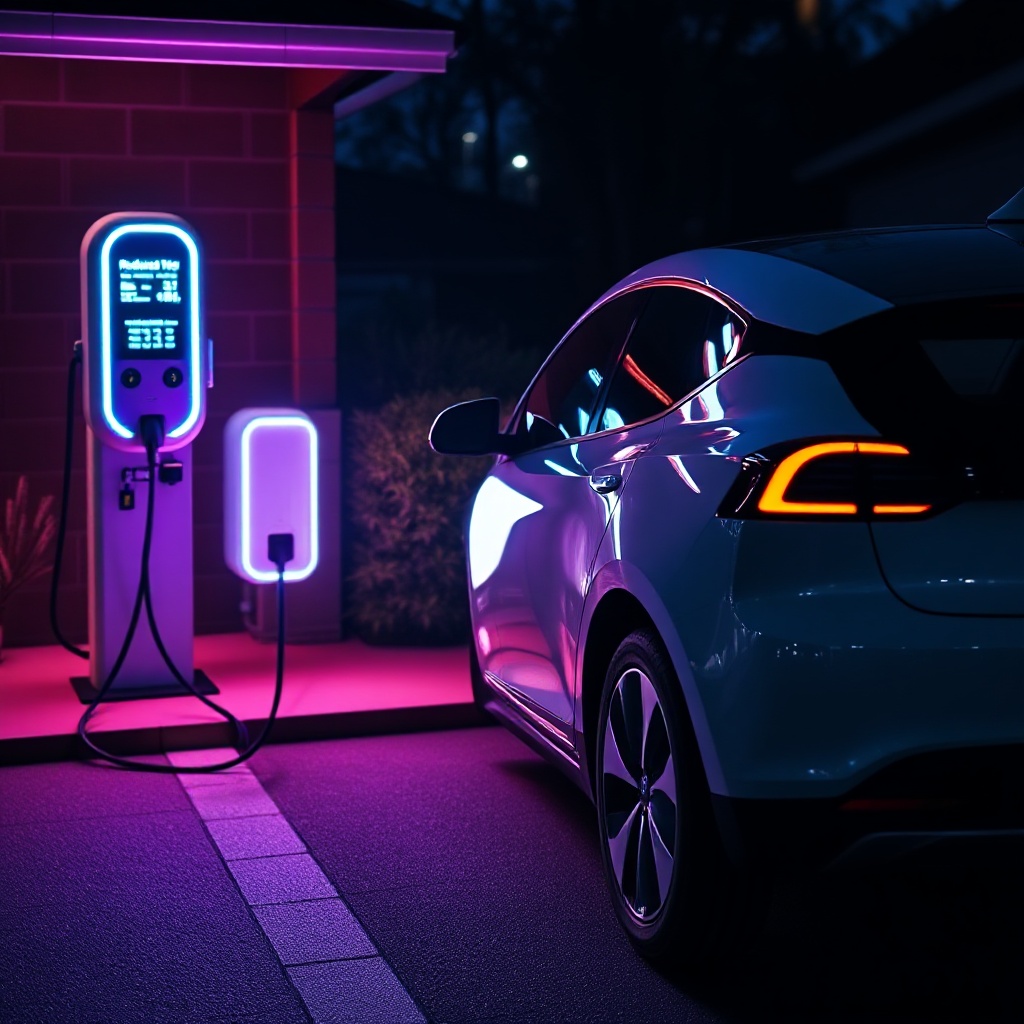
Intelligent tariffs like Octopus Go offer night rates as low as 7p/kWh between 11:30pm and 5:30am, while standard Octopus Go provides 8.5p/kWh between 00:30 and 05:30. For French EV owners, this smart approach to charging can result in annual savings between €30-€110 for compact cars.
The annual cost difference is even more dramatic when comparing fuel types. Charging an EV using the EVolve tariff costs approximately €287 (£247) annually, while fueling a petrol vehicle traveling the same 7,000 miles per year costs around €1,500 (£1,292) – a savings of over €1,200 annually.
How Smart Charging Technology Optimizes EV Charging
Smart charging isn't just about timing – it's about intelligent optimization. Smart charging stations analyze multiple factors including time of day, electricity demand, grid capacity, and renewable energy availability to determine the optimal charging schedule.
These advanced systems can pause charging when other household appliances need power and can distribute available electricity among multiple vehicles. The technology works by sending data on charging time, speed, and power level via Wi-Fi or Bluetooth to cloud-based management platforms for real-time adjustments.
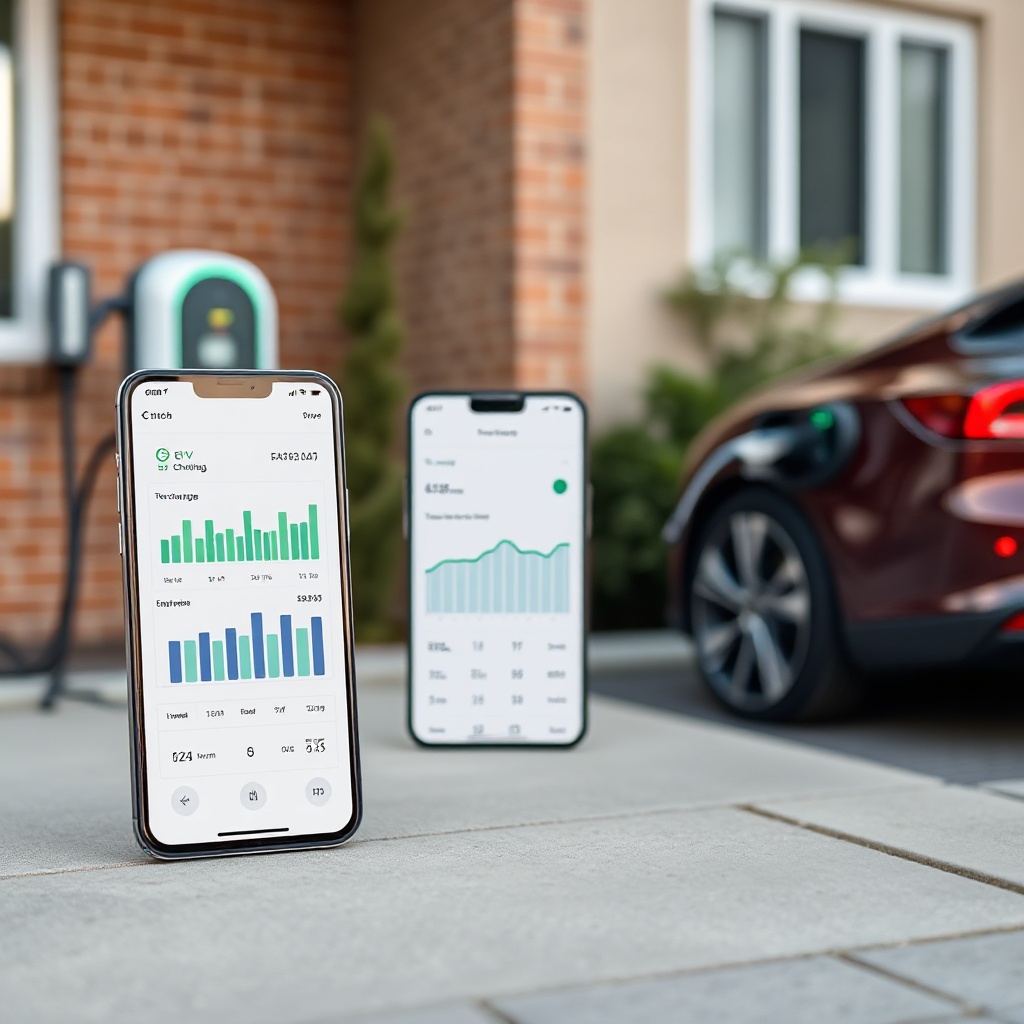
One of the key advantages of smart charging is its simplicity for users. Drivers simply indicate their desired departure time, and the system handles the rest – automatically charging when electricity is cheapest while ensuring the vehicle is ready when needed.
For compatible vehicles, smart chargers can even reduce electricity costs during daytime charging through grid flexibility services, making them valuable beyond just nighttime charging scenarios.
Public Charging Options and Commercial Initiatives in France
While home charging offers the best economics, France is seeing rapid development in its public charging infrastructure. Lidl has positioned itself as a leader by offering competitive EV charging at €0.29 per kWh for AC and €0.39 for DC charging, with over 4,500 chargers across France.
Other retailers are following suit. Carrefour provides free charging for the first hour and has aligned their EV infrastructure with broader renewable energy goals. The hospitality sector is also joining the movement, with hotels increasingly adopting slow chargers as a cost-effective amenity to attract EV-owning guests.
This expansion is partly driven by regulation. Under the Mobility Orientation Law (LOM), by January 1, 2025, parking lots with more than 20 spaces must equip at least 5% of spots with EV charging stations, ensuring widespread charging availability throughout France.
Environmental and Grid Benefits of Smart Charging
The benefits of smart charging extend beyond individual savings to include significant environmental advantages. When exposed to time-varying prices, EV owners naturally shift their charging to greener generating hours, reducing emissions by up to 30%.
Smart charging also creates substantial benefits for the electrical grid by decreasing simultaneity and lowering peak demand. Research shows that a 10% EV stock increases wholesale electricity prices by €1.60 per MWh when charging is uncontrolled, creating costs that affect all electricity users.
However, with smart charging, this financial impact on other electricity users shrinks dramatically – from €0.66 to less than €0.10 per €1 charged. This reduces the need for expensive grid reinforcement projects while enabling greater integration of renewable energy by reducing curtailment of solar and wind generation.
Vehicle-to-Grid Technology and Self-Consumption Potential
The next frontier in EV charging economics is bidirectional power flow. Vehicle-to-Grid (V2G) technology could enable savings between €285-€885 annually for compact EVs, with potential savings rising to €1,760 for larger vehicles with bigger batteries.
This advanced technology allows EV owners to sell electricity back to the grid during peak demand periods, effectively turning their vehicle into a mobile power station. The financial benefits come from both avoided costs and potential revenue streams.
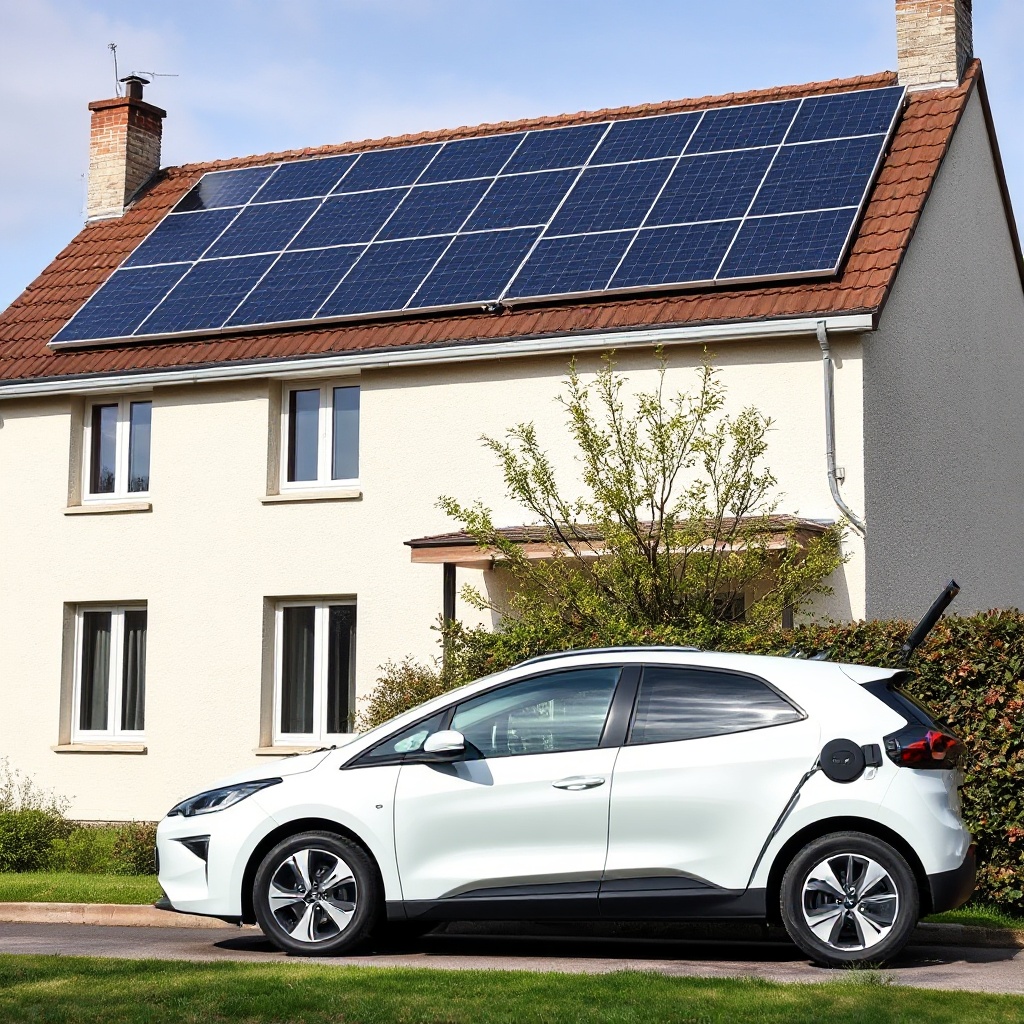
For homes with solar panels, self-consumption offers another layer of savings. By charging EVs directly from home solar systems during daylight hours, owners can bypass grid electricity costs entirely, while smart systems ensure optimal use of self-generated power.
Future Trends in EV Charging and Electricity Consumption
The future of EV charging in France looks promising but will bring challenges. By 2025, the EV share forecast for non-Triad countries (including France) is expected to reach 5.85%, representing approximately 1.8 million EV sales.
This growth will drive substantial increases in electricity demand. Across Europe, EV-related electricity consumption is projected to increase by 200TWh by 2030, accounting for approximately 5% of total demand. This will require continued expansion of charging infrastructure and grid capacity.
The changing pattern of off-peak hours, with the addition of midday periods (13:00-16:00) to traditional overnight times, will offer more flexible charging options. This evolution aligns well with increasing solar generation, which peaks during midday hours.
Smart charging will play a crucial role in this transition, potentially expanding EV adoption by an additional 3% through lower operating costs and improved convenience.
Challenges and Considerations for French EV Owners
Despite the promising outlook, several challenges remain for French EV owners. Tariff transparency is a significant issue, with many consumers unaware of specialized electricity plans that could save them substantial money.
Rising electricity taxes in France may impact the long-term economics of EV ownership, potentially eroding some of the cost advantages compared to combustion vehicles. This makes optimal charging strategies even more important.
Implementation of smart charging requires compatible home charging equipment and possibly home energy management systems, creating upfront investment barriers for some consumers despite the long-term savings potential.
Finally, fully capturing the benefits of time-of-use tariffs requires behavior changes – shifting charging to off-peak hours means adjusting routines and planning ahead. While smart charging technology can help automate this process, the initial adaptation can be a hurdle for some users.
Sources:
Connexion France - Electric vehicles: best electricity tariffs named by French consumer association
Connexion France - Electricity bills in France: move to change peak/off-peak hours system
TSE-FR - Electric cars must be charged at the right time
Autovista24 - How have global EV forecasts adjusted to tariffs?
Gireve - Beyond EV charging: How brands are preparing for the LOM law in France
EDF Energy - EDF launches cheapest EV tariff available to all EV drivers
Eurelectric - Smart Charging
Octopus Energy - EV Tariffs
